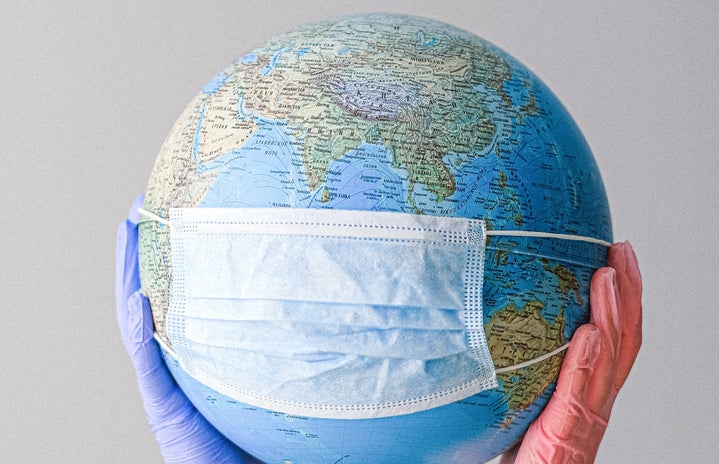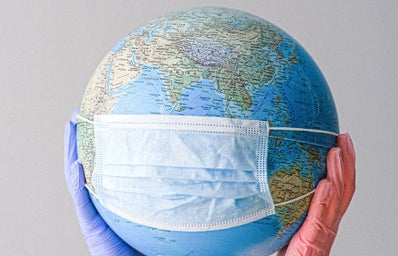Since the beginning of the COVID-19 lockdown, we have heard a call for a vaccine to be manufactured. People across the world have looked to scientists to develop an inoculation to help save the population from the deadly pandemic that swept us all off of our feet.
Johnson & Johnson’s vaccine quickly gained popularity as millions of Americans preferred the one-shot fix over Moderna’s and Pfizer’s two-dose vaccine. This popularity might be stunted after the latest news from the CDC, however.
On April 13, the CDC and FDA Statement on Johnson & Johnson COVID-19 Vaccine announced that there have been six cases of rare, but severe blood clots discovered amidst the 7.5 million vaccine recipients. As a result, there will be a pause on the rollout of the Johnson & Johnson vaccine as an investigation of the cases ensue. However, considering over 192 million shots have been administered by Moderna and Pfizer, this puts the Johnson & Johnson vaccine as only being administered to fewer than five percent of all shots actually given to patients.
What is a pause?

Pauses are very common with vaccines and other clinical trials, according to The New York Times. Usually, the results of an investigation during a pause reveal a medical coincidence, not a correlation. In fact, pauses do not even require an immediate stop of usage of the vaccine. Although, following the FDA’s recommendation, Walgreens and CVS are stopping their administration of the vaccine for the time being.
What do we know about these cases?
According to The Washington Post, The Advisory Committee on Immunization Practices, with the CDC, revealed the following details about these infamous cases of blood clots. All of the cases of vaccine recipients who formed blood clots were white women between the ages of 18 and 48. Each of the women developed noticeable symptoms from the vaccine including headaches between six to 13 days post-vaccination. Only one of the women was taking hormonal contraceptives that can cause clotting. The CDC also explained that these clots were accompanied by low levels of blood cells which is an abnormality for the age range of the cases.
What if I took the Johnson & Johnson vaccine?
Statistically speaking, if you received the Johnson & Johnson vaccine you are probably just fine. Six cases out of seven million vaccinations mean that there is a slimmer chance than one in a million of you developing these blood clots. The CDC admitted that this pause on the vaccine is “fully out of an abundance of caution.”
However, the FDA and CDC recommend that people who have recently received the Johnson & Johnson vaccination should monitor themselves for symptoms and immediately contact their primary care doctors if they experience:
-
Severe headaches
-
Abdominal pain
-
Leg swelling
-
New neurological symptoms
-
New or easy bruising
-
Shortness of breath
The CDC also states that if you received the Johnson & Johnson vaccine more than three weeks ago that your chances of developing a blood clot are extremely low.
Do not let this news be the information that deters you from getting vaccinated. This is good news that the CDC is taking public health concerns from the vaccines so seriously.
Want to see more HCFSU? Be sure to like us on Facebook and follow us on Instagram, Twitter, TikTok, Youtube and Pinterest!



